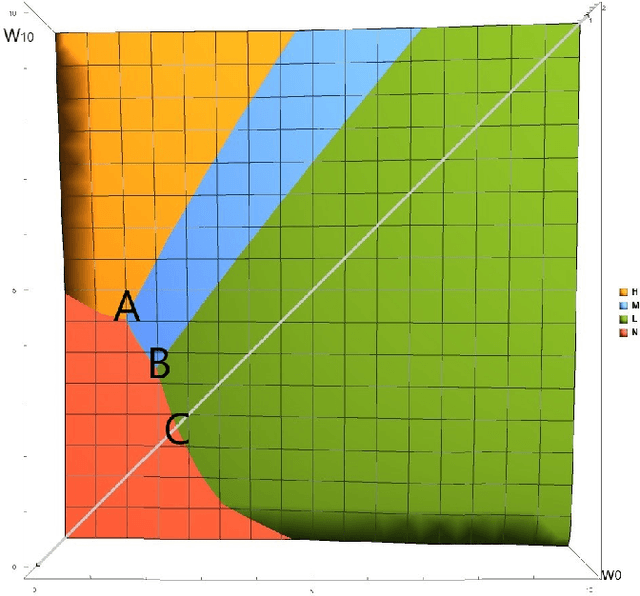Incentivizing the Dynamic Workforce: Learning Contracts in the Gig-Economy
Paper and Code
Nov 16, 2018
In principal-agent models, a principal offers a contract to an agent to perform a certain task. The agent exerts a level of effort that maximizes her utility. The principal is oblivious to the agent's chosen level of effort, and conditions her wage only on possible outcomes. In this work, we consider a model in which the principal is unaware of the agent's utility and action space. She sequentially offers contracts to identical agents, and observes the resulting outcomes. We present an algorithm for learning the optimal contract under mild assumptions. We bound the number of samples needed for the principal obtain a contract that is within $\epsilon$ of her optimal net profit for every $\epsilon>0$.
 Add to Chrome
Add to Chrome Add to Firefox
Add to Firefox Add to Edge
Add to Edge